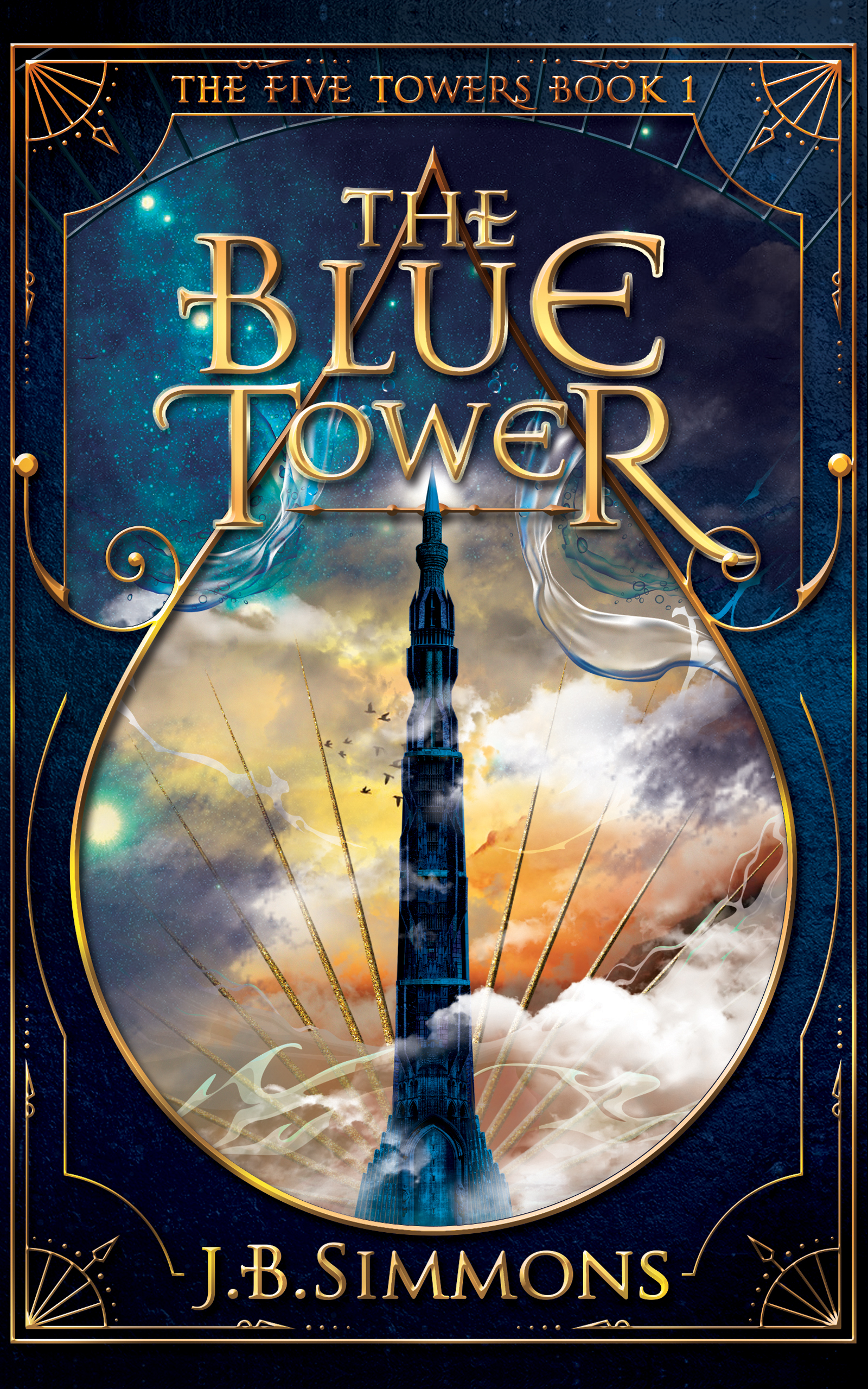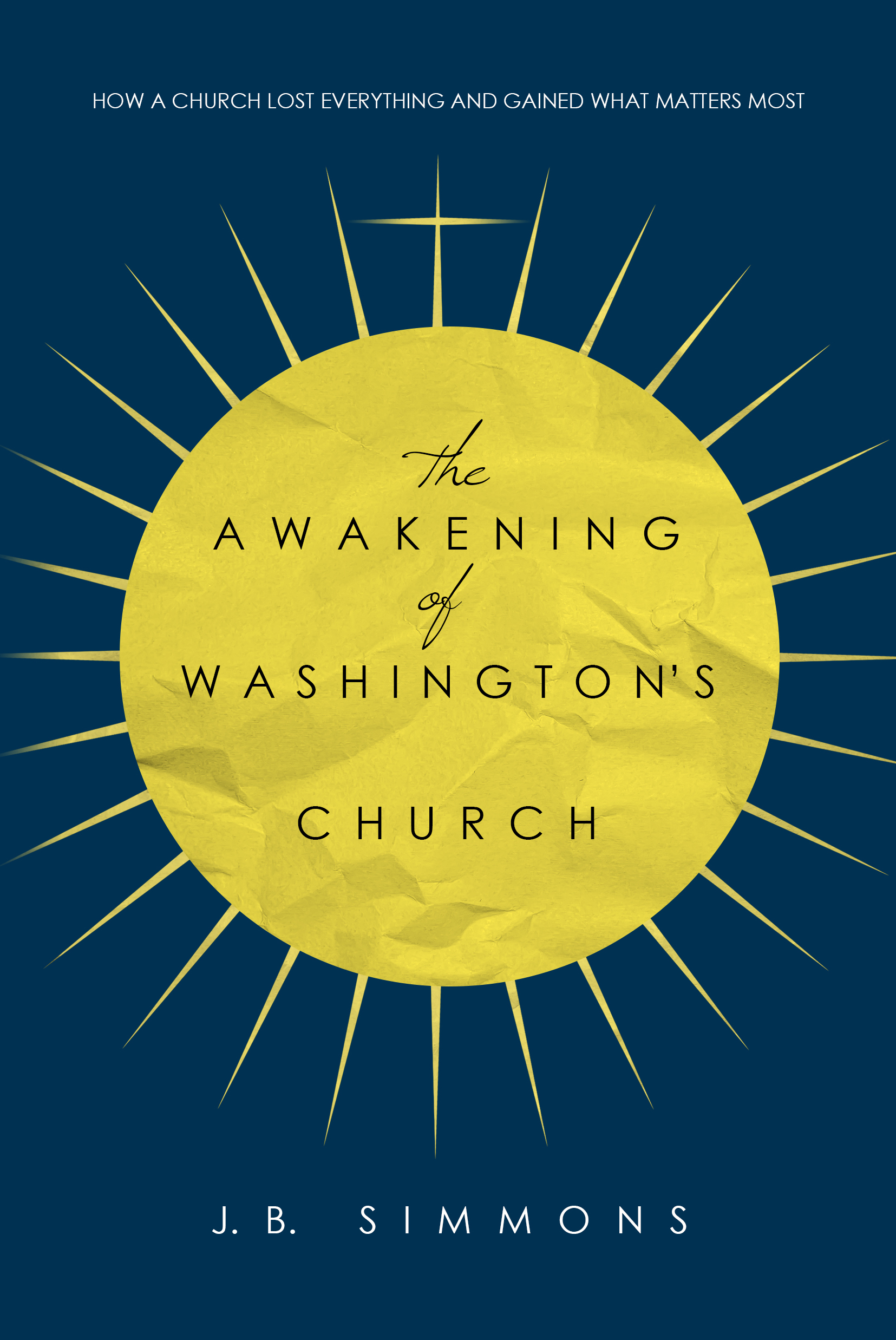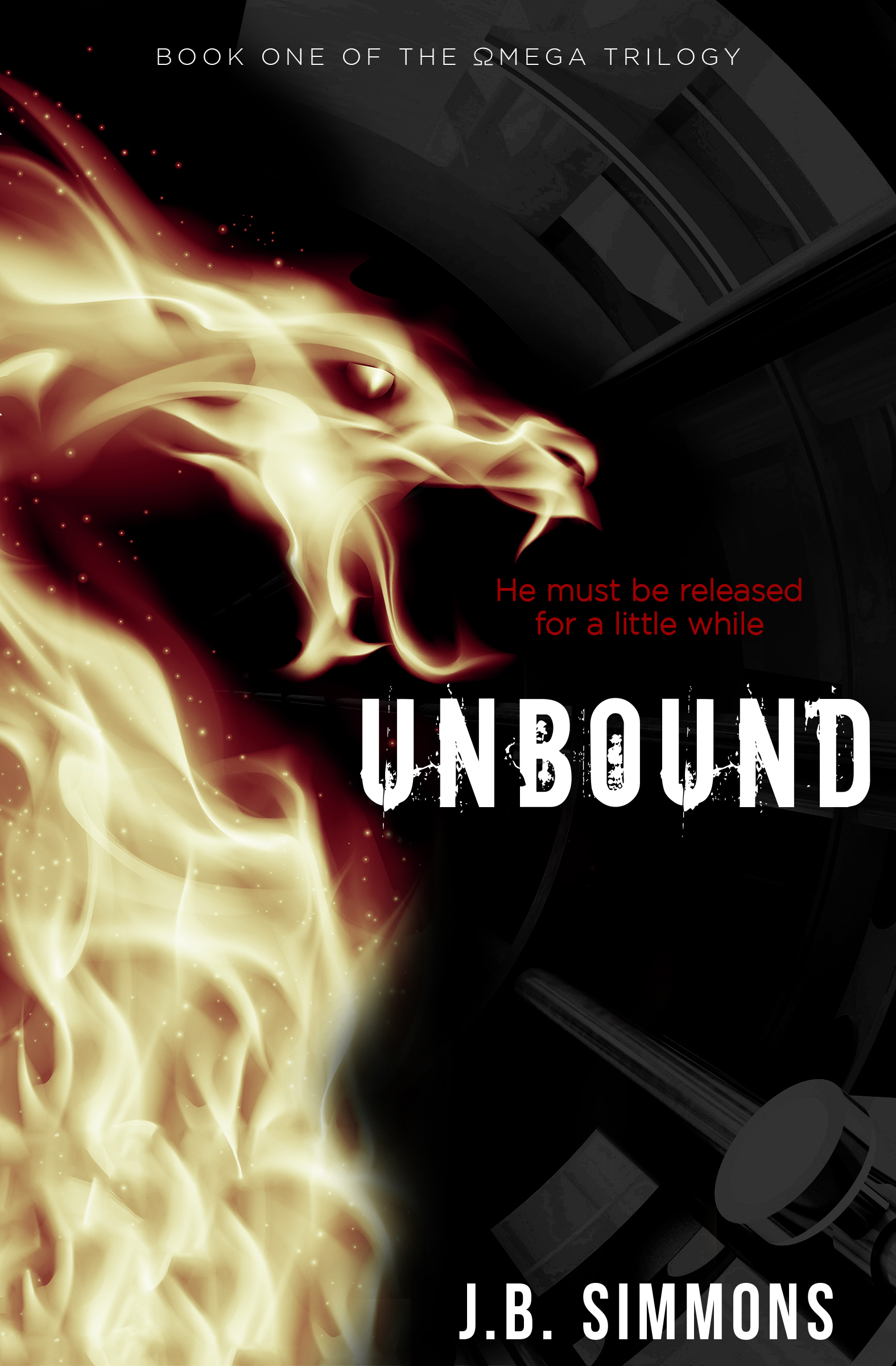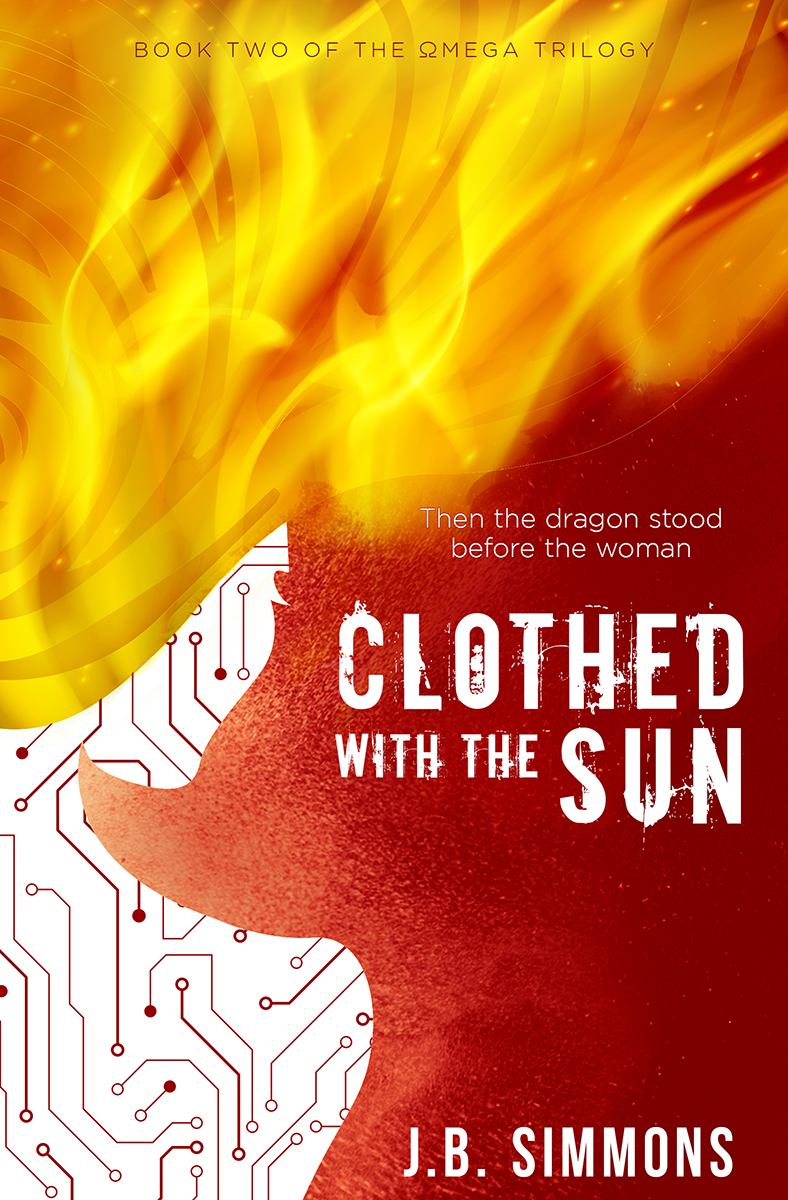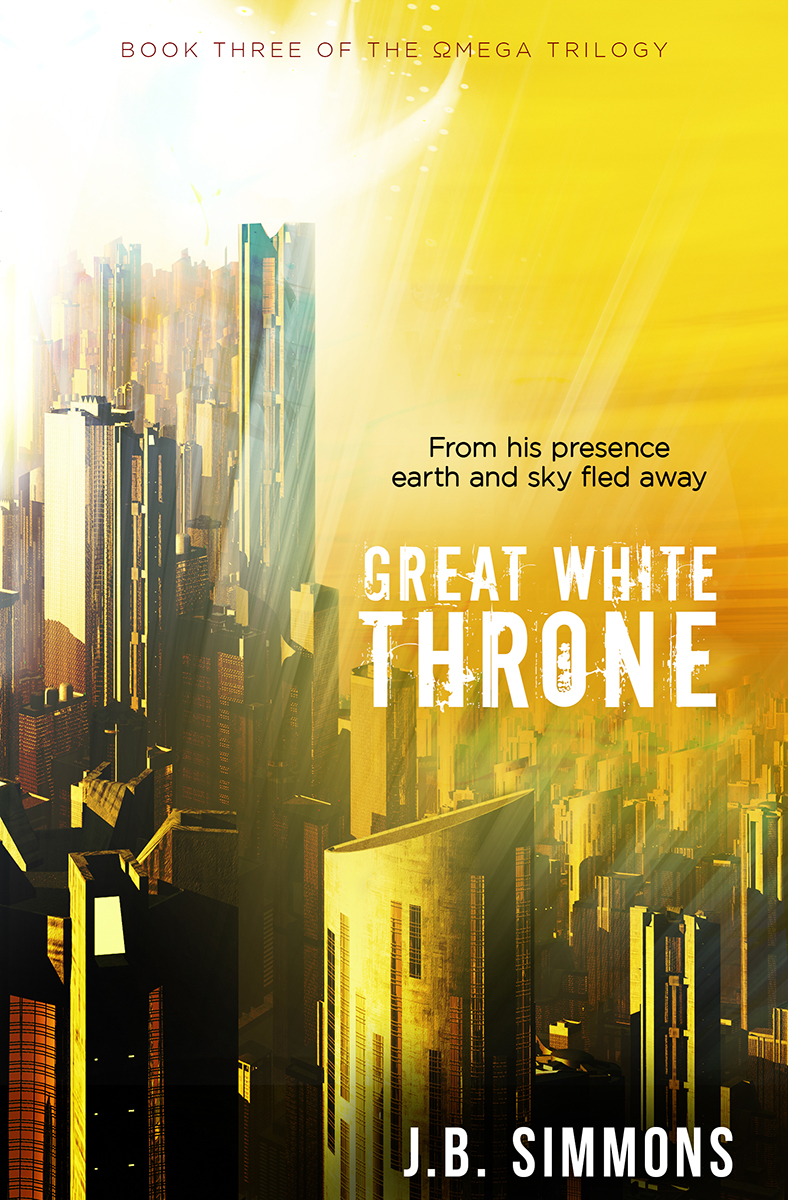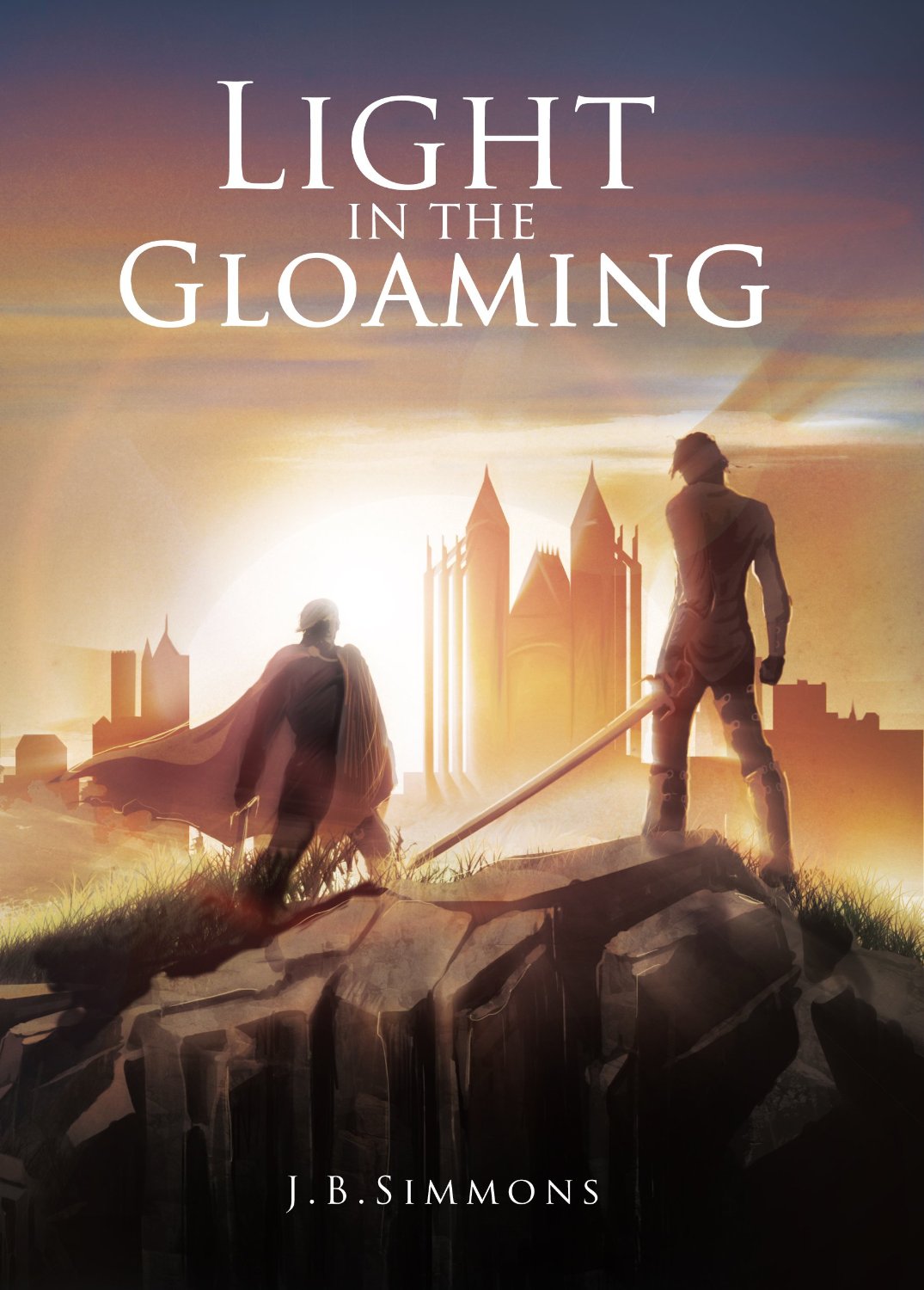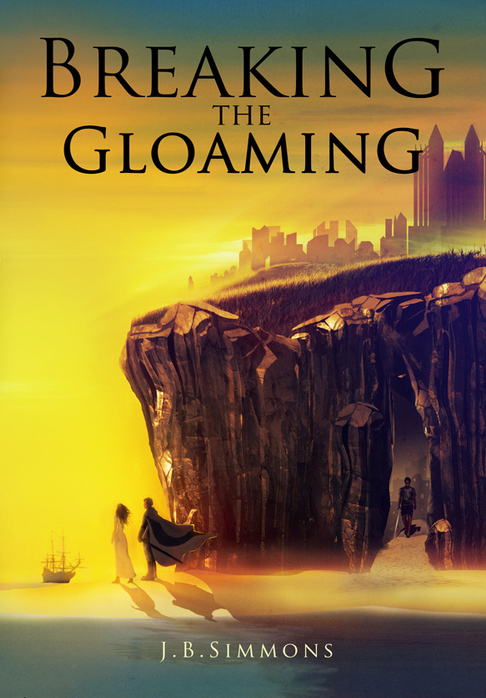Three Surprising Spiritual Truths In Stephen King’s The Stand
/A few years ago, Americans were asked, “What is your favorite book of all time?” Two of the top five books include a vision of the end of the world: #1 the Bible, and #5 The Stand by Stephen King. Before reading The Stand, I would have said that’s crazy—#5? Now it kind of makes sense.
It took me a year to finish the book, and I’m glad I stuck with it. The apocalyptic novel was homework for my Unbound trilogy. I draw a lot from the Bible’s vision of how the world will end, as recounted in my blogs on Revelation, so I was struck by the common themes in Stephen King’s story.
Warning: a few spoilers from The Stand are below. But I bet most of you won’t mind—you’ve either already read the 500,000-word tome or you’ll just consider this a preview for the upcoming movie starring Matthew McConaughey. Three surprising spiritual truths await.
1,000 Pages In A Nutshell
Stephen King released The Stand in 1978. It’s the only fiction by King that I’ve read, but my guess is it captures every essence of his style. The book is immense and harrowing and wild. It leaves no issue untouched.
A long but thoroughly interesting article on the book summarizes The Stand well: it’s “about a super-charged strain of the flu virus — developed by the U.S. government as a biological weapon — which escapes from its testing facility and kills over 99 percent of the world’s population. The survivors in America are drawn to a “good” community in Boulder, Colorado (led by the 108-year-old Mother Abigail), and an “evil” community in Las Vegas (led by the demonic and ageless Randall Flagg). As the threat of Flagg looms, several members of the Boulder community journey to Las Vegas to confront him. That’s basically the story, and people went nuts for it.”
Okay, another apocalyptic book, another epic story of good versus evil...what’s so special about that? I think The Stand’s success owes much to its fearless dive into spiritual battle.
Truth #1: The Battle for Souls
The Stand has a huge cast of characters. Good guys, bad guys, and really bad guys. The undisputed protagonist is Mother Abigail. She’s old, she’s frail, and she’s a woman of faith.
The few who survived the virus dream about Mother Abigail. They flock to her from all over the country, as if compelled by the goodness of her spirit revealed in their dreams. She is the opposite of evil, and people want to be with her as the battle for souls goes down.
Even for people with doubts, the disaster and resulting chaos in the world make them confront greater realities of good and evil. Consider this dialogue:
Mother Abigail: “The Bible, it don’t say what happened to Noah and his family after the flood went down. But I wouldn’t be surprised if there was some awful tussle for the souls of those few people—for their souls, their bodies, their way of thinking. And I wouldn’t be surprised if that was what was on for us.”
Nick responds: “How much do you know about the dark man? Do you know where he is?”
Mother Abigail: “I know what he’s about but not who he is. He’s the purest evil left in the world. The rest of the bad is little evil.”
Another man in the conversation thinks: Some new preachers teach there isn’t really any Satan, that was their gospel. ... Yes, that had a good modern sound to it; the trouble with it was it wasn’t true. And if Nick was allowed to go on thinking that, the dark man would eat him for dinner.
A little later, Nick writes on his notepad: “I don’t believe in God.”
Mother Abigail chuckles. “Bless you, Nick, but that don’t matter. He believes in you.”
Based on Stephen King’s reputation, I hardly expected that last line. I underestimated him, and so does anyone who calls him simply a “horror” novelist. King is a master storyteller, and the horror in The Stand speaks to truth: there is good and evil in this world, and they are in constant battle regardless of what we think.
Truth #2: The End Won’t Be Easy, And Humans Aren’t Innocent
Don’t worry, I’m not going to give away the book’s (or the movie’s) ending. I’ll just say nothing comes easy, and nothing is certain. Here is an excerpt from near the end:
“Silent white light filled the world. And the righteous and unrighteous alike were consumed in that holy fire.”
King’s “holy” fire is no easy thing, and humans play a big part in that. One of the book’s surviving protagonists offers these sobering thoughts for children to come:
“These toys are dangerous; the devil in men’s brains guided the hands of God when they were made. Don’t play with these toys, dear children, please, not ever.”
Destruction may be allowed by God, even foreknown, but it was the devil who killed Job’s family. Today it’s men who make the bombs. These are not innocent acts, and their consequences might involve great suffering and tribulation.
Truth #3: The Saving Power of Faith
Mother Abigail disappears near the end of the book. The people who came to her in Boulder are terrified that she’s lost and dying. But she’s on a spiritual journey, and the book hints that this is a purging of her sin of pride.
She returns weeks later a shriveled shell of her former self, but with a faith stronger than ever. On her deathbed, she issues final instructions to four men:
“You will go [West, to the dark man], and you will not falter, because you will have the Everlasting Arm of the Lord God of Hosts to lean on. Yes. With God’s help you will stand.”
The men follow her instructions. They don’t all have faith in God, but they have no doubts about Mother Abigail’s faith. She proved it by going into the wilderness. As the men journey West, they fall into deep conversation. One of them, a former sociology professor, says:
“If you read your theology, you’ll find that God often chooses to speak through the dying and the insane. It even seems to me—here’s the closet Jesuit coming out—that there are good psychological reasons for it. A madman or a person on her deathbed is a human being with a drastically changed psyche. A healthy person might be apt to filter the divine message, to alter it with his or her own personality. In other words, a healthy person might make a shitty prophet.”
“The ways of God,” Larry said. “I know. We see through a glass darkly.”
And so Larry and the others accept Mother Abigail as a messenger of God. They follow Mother Abigail’s words, they trust in her faith, and that has saving power.
Bonus Truth
The end of the world is a very serious thing. So is faith. But just because a topic is serious doesn’t mean it has to be handled by a Catholic schoolteacher, ruler in hand. God made us to laugh, and a little humor goes a long way. Like Stephen King in The Stand, I wrote Unbound as a book that should bring smiles even as it confronts the ultimate battle.
In that vein, I’ll let the heroic character Tom Cullen have the last word here. Tom is mentally handicapped, but King’s gritty book calls him retarded. He’s a star of the novel in many ways. Near the end, when the going is tough, Tom prays this:
“The Lord is my shepherd,” he recited softly. “I shall not want for nothing. He makes me lie down in the green pastures. He greases up my head with oil. He gives me kung-fu in the face of my enemies. Amen.”
Let’s make our kung-fu count – J.B.




